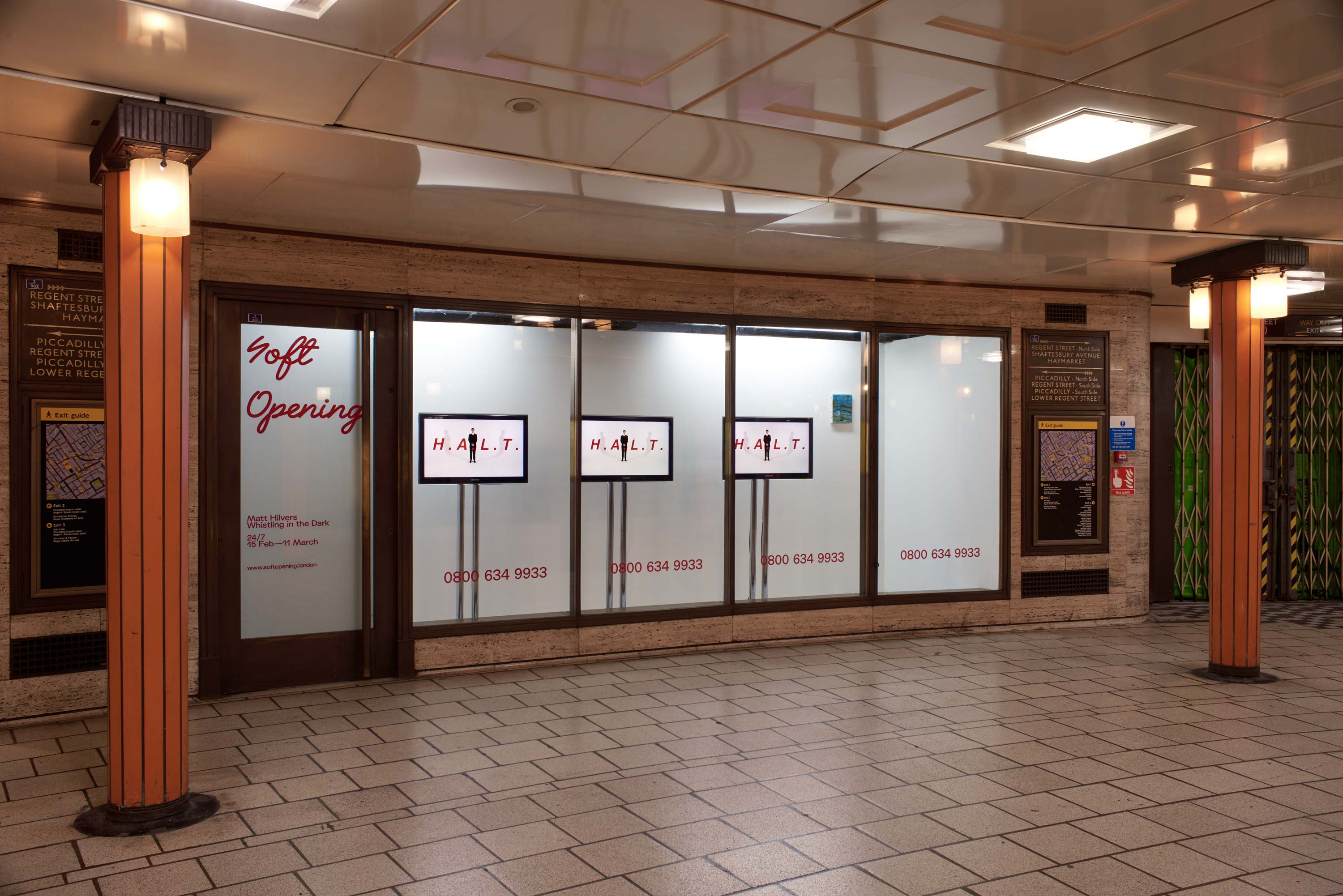There’s a myth about a young man in London who cut off his fingers. He spent his whole life taking his body for granted, never spent more than a minute to thank his God for giving him a perfect fleshy robe to navigate the world. With ten fingers and ten toes he leapt through the air from city to city, lusting and brawling his way each and every moment. This went on for years, but the youth is wasted on the youth. For some, your bones last longer than your happiness, and one day he woke up and the sun had stopped shining.
—Matt Hilvers
Unveiling a semi-autobiographical account of a life-changing event wherein an individual accidentally mutilates a few precious fingers, Boston-born Matt Hilvers’ oddly haunting story underscores an impassioned captivation with the spiritual freedom that only self-acceptance can enliven. Bookended by two significant lines from Gene Kelley’s 1953 film Singing in the Rain, the story represents an outstanding psychological journey from inadequacy to adequacy.
In the exhibition, Whistling in the Dark at Soft Opening, spread across a three-channel installation, Hilvers presents Singing in the Rain (Hear Me) a video where the artist utilises dancing as a gateway to examine the male body and his relationship to it. For the artist, coming to terms with the dysmorphia that surrounds his perception of his own physiognomy through self-reflection indicates that the male gaze can only be diverted or subverted in a useful way when men themselves understand their own bodies. In this work, Hilvers considers what it means to dance in front of a large crowd while consciously dismissing an interior dialogue that reminds you that you might not be the best at it.
Concurrently, Hilvers offers spiritual advice to his audience by way of advertising a rented “0800” number that presents assorted recorded messages as well as the option of a direct line to his own pocket. Sharing personal inadequacies with others presents an opportunity for people to relate to the artist on an emotional and even spiritual level. As soon as the viewer realises Hilvers has no more answers than anybody else, the emotional playing field immediately levels: we are all equalised.

